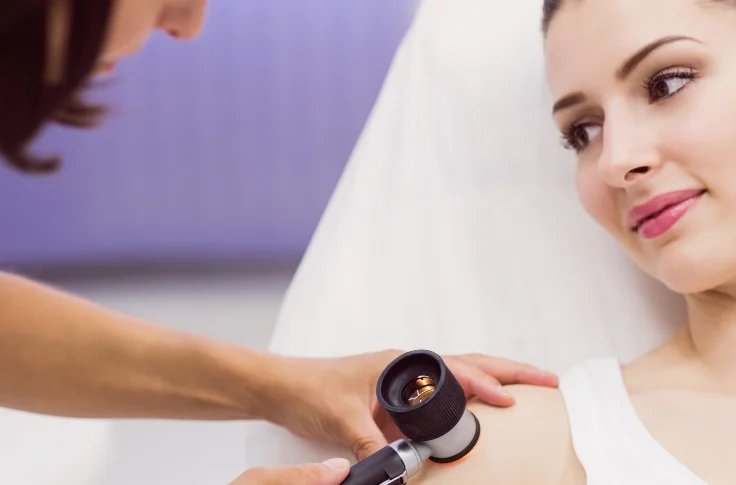Skin cancer is one of the most common cancers affecting Australians. With the country’s high levels of sun exposure, the risk of skin cancer is significantly increased. Regular skin cancer checks can save lives by enabling early detection, effective skin cancer treatment, and long-term skin health. If you or your loved ones are living in NSW and care about staying ahead of serious health conditions, understanding the importance of skin checks is crucial.
The Importance of Regular Skin Checks
A regular skin check helps in identifying abnormal skin growths early. These include various forms of skin cancer, such as:
- Basal cell carcinoma (BCC): the most common type of skin cancer
- Squamous cell carcinoma (SCC): often linked to long-term sun exposure
- Melanoma: the most dangerous form of skin cancer
Getting your skin checked helps identify suspicious spots or skin changes before they develop into more severe conditions. Regular checks increase the chances of detecting cancer cells early when treatment is more successful.
Why Early Skin Cancer Detection Is Vital
Early detection makes skin cancer treatment simpler, more effective, and less invasive. When detected early, skin cancer can often be removed completely with minor surgery. On the other hand, untreated skin growths may lead to complications, spreading to other organs or requiring more intensive treatments.
Who Is At Risk?
Anyone can develop skin cancer, but certain factors increase your risk:
- History of skin cancer
- Excessive sun exposure or sunburns
- Fair skin, freckles, or red/blonde hair
- Use of tanning beds or indoor tanning
- Family history of melanoma or other skin cancers
- Weakened immune system
If any of these apply to you, schedule regular skin cancer checks with a certified provider.
Signs to Watch For
When checking your skin at home, look for:
- New or changing moles
- Sores that don’t heal
- Red or scaly patches
- Shiny bumps or lumps
- Irregular borders or multiple colours on a mole
If you notice any of these, get your skin checked immediately at a skin cancer clinic.
How Often to Get a Skin Check?
The general recommendation is:
- Annually most adults
- Every 6 months for individuals with a history of skin cancer
- Immediately, if you notice any skin changes or new growths
Prevention Tips for Skin Cancer
Prevention plays a vital role in reducing your chances of developing skin cancer:
- Avoid direct sun exposure between 10 am to 4 pm
- Use broad-spectrum sunscreen SPF 30 or higher
- Wear protective clothing, hats, and sunglasses
- Avoid tanning beds
- Perform self-checks monthly
Why Skin Health Is Linked to Overall Well-Being
Skin is your body’s largest organ. Healthy skin acts as a barrier and plays a critical role in regulating body temperature and immune defence. Skin cancer not only affects your appearance but can also impact your general health, especially if cancer cells spread.
Get Your Skin Checked at a Trusted Clinic
If you’re in NSW and haven’t had a skin check recently, it’s time to prioritise your health. Early skin cancer detection can give you peace of mind and improve treatment outcomes.
At Branxton Healthcare, while we are known for expert kidney care, we also encourage full-body wellness awareness. If you’re managing a chronic condition such as kidney disease, it’s even more important to monitor your overall health, including your skin.
Visit us at 58A Cessnock Rd, Branxton NSW 2335. Book a consultation for kidney care and get guidance on staying healthy inside and out.

